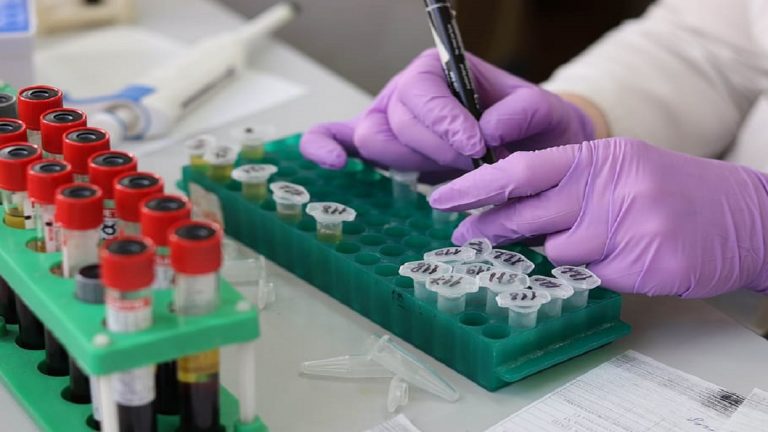
Calprotectin is a protein released by a type of white blood cell called a neutrophil. When there is inflammation in the gastrointestinal tract,
neutrophils move to the area and release calprotectin,
resulting in an increased amount released into the stool.
This test measures the amount of calprotectin in the stool as a way to detect inflammation in the gastrointestinal tract.
Fecal calprotectin can be used to help distinguish between inflammatory and non-inflammatory conditions.
A doctor may request a Fecal calprotectin test
to help investigate the cause of a person’s persistent watery or bloody diarrhoea.
The test may be requested along with other stool tests, such as a stool culture to detect a bacterial infection.
A Fecal calprotectin test may be requested to help determine whether an endoscopy
is indicated if inflammatory bowel disease is suspected.
A Fecal calprotectin test may be requested if a person with inflammatory bowel disease has symptoms
that suggest a flare-up, both to detect disease activity and to help evaluate its severity.
An elevated Fecal calprotectin result indicates that inflammation is likely to be present,
in the gastrointestinal tract but does not indicate either its location or cause.
Increases in Fecal calprotectin concentrations are seen with inflammatory bowel disease,
but also with bacterial infections, some parasitic infections, and with colorectal cancer.
A normal Fecal calprotectin result means that signs and symptoms
are likely due to a non-inflammatory bowel disorder.
Examples of these include irritable bowel syndrome and viral gastrointestinal infections.
In some cases, Fecal calprotectin may be low even when inflammation is present (a false negative).
This is most frequently seen with children.




![Academic Opportunities at Ontario Tech University [CA]](https://scholaridea.com/wp-content/uploads/2022/07/ontario-768x432.jpg)